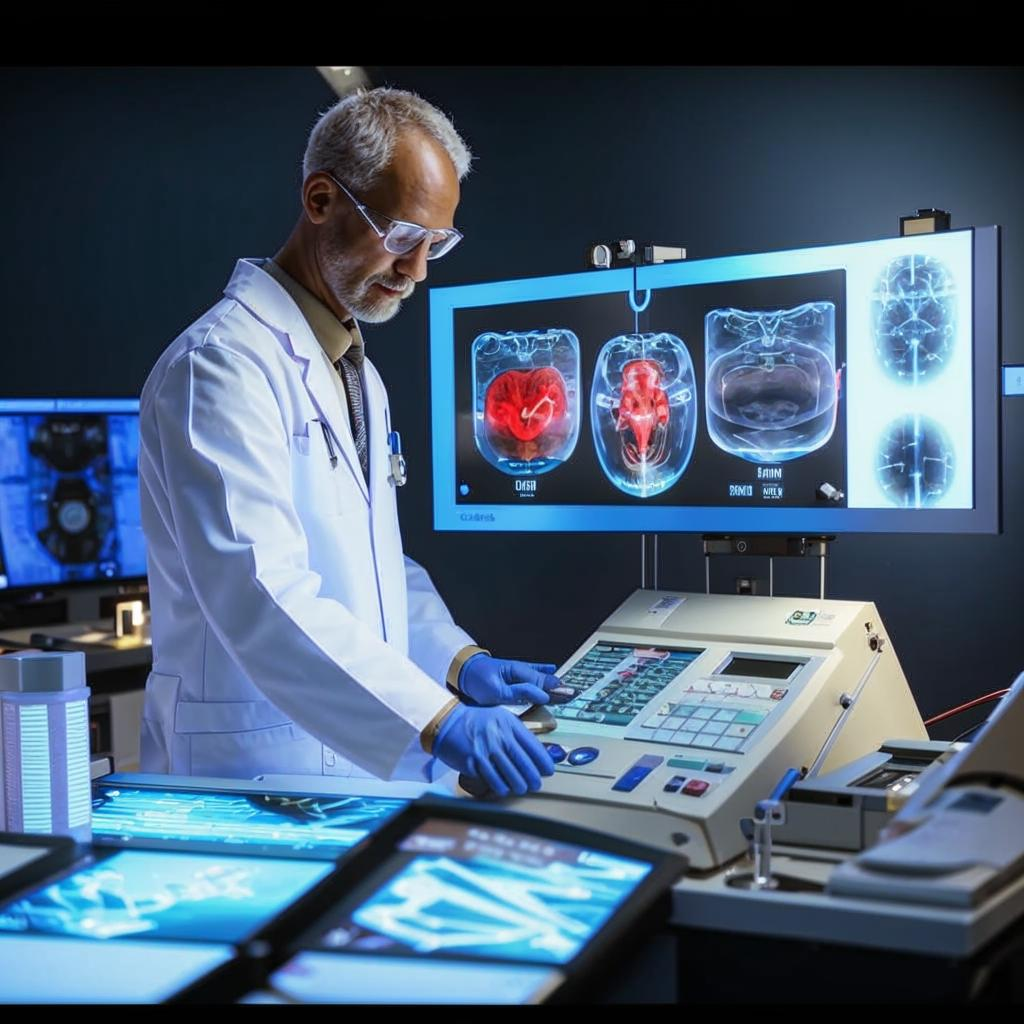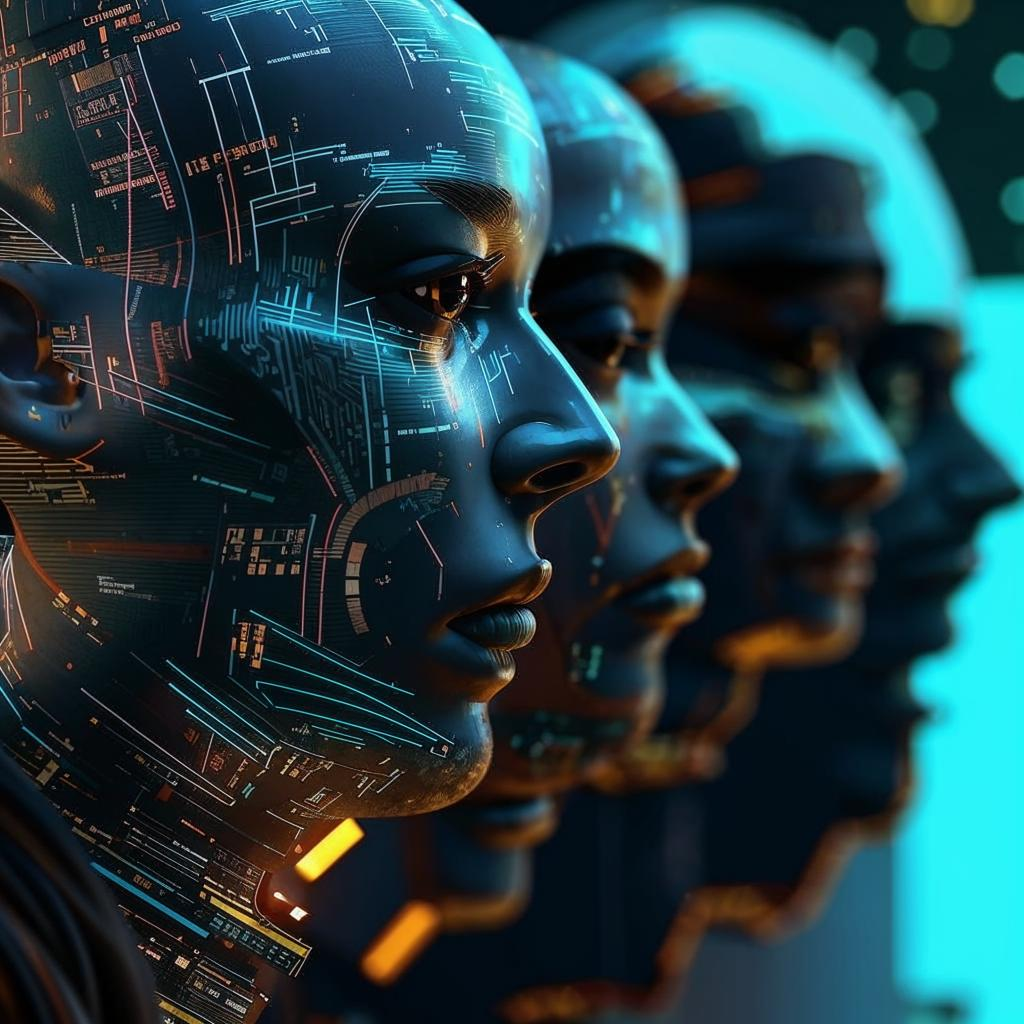Artificial intelligence is rapidly changing the landscape of healthcare, offering unprecedented opportunities to improve patient outcomes and streamline medical processes. AI-powered diagnostic tools are showing remarkable promise, particularly in areas like cancer detection. A recent study highlighted the significant impact of AI in improving the accuracy and speed of diagnoses. Using sophisticated algorithms, AI can analyze medical images like X-rays, MRIs, and CT scans with greater precision than human radiologists, identifying subtle anomalies that might otherwise be missed.
This technology has the potential to dramatically increase early detection rates for various types of cancer, leading to more effective treatment and improved survival rates. AI is also being used to personalize treatment plans based on individual patient data. By analyzing vast amounts of genomic information, medical history, and lifestyle factors, AI can help doctors determine the most appropriate course of action for each patient.
Beyond diagnostics and treatment, AI is playing an increasingly important role in monitoring patients’ health and providing personalized support. Wearable devices and remote monitoring systems, powered by AI, can track vital signs, detect early warning signs of illness, and provide timely interventions. This proactive approach to healthcare can help prevent hospitalizations, reduce healthcare costs, and improve the overall quality of life for patients.
While challenges remain, such as data privacy concerns and the need for regulatory frameworks, the potential benefits of AI in healthcare are undeniable. As AI technology continues to evolve, it is poised to transform the way we deliver and experience healthcare.















